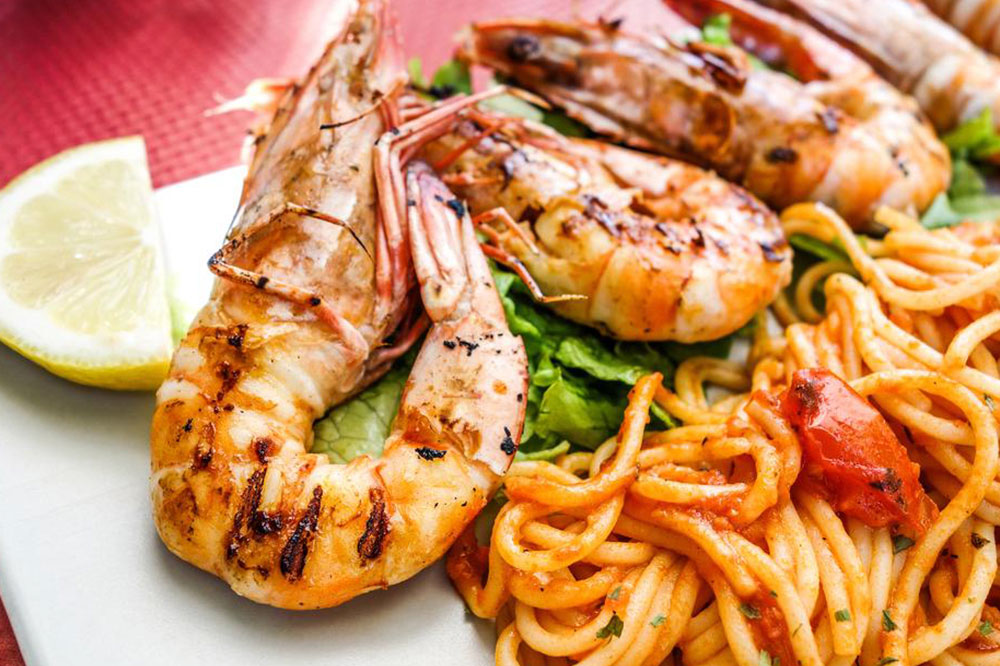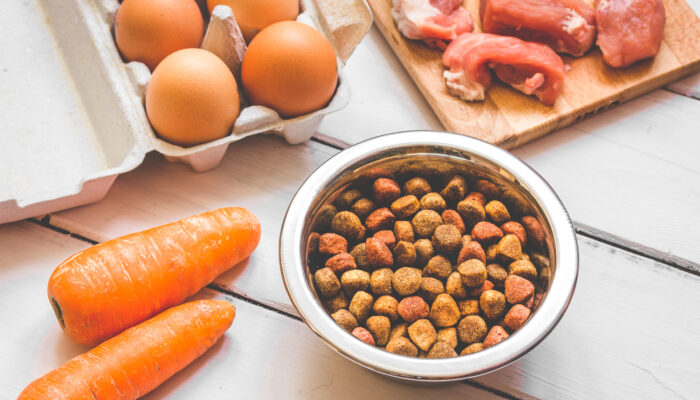
5 Food Triggers to Avoid for Gout Patients
A severe form of arthritis, gout occurs when the uric acid levels in the blood increase. The spiked up uric acid levels cause crystal formation, which accumulate in the joints. Uric acid in the body forms when the body breaks down a chemical called purine. This naturally-occurring compound is also found in plants, animal meats, and other food sources. Eating these foods can worsen gout symptoms. Here is a list of food triggers that should be avoided by gout patients.
Fish
Some seafood and fish such as shellfish, scallops, anchovies, herring, mussels, codfish, haddock, and trout contain high levels of purine. Consuming these can increase the purine levels in the body, and result in painful formation of crystals in and around the joints. Salmon and crustaceans such as crabs, lobsters, oysters, and shrimps contain moderate amounts of purine.
Meat
These are one of the major food triggers for gout patients. Organ meat such as kidneys, liver, sweetbreads, brain, and game meat such as pheasant, veal, and venison contain high amounts of uric acid, which can increase purine levels in the body. This can result in gout symptoms such as swelling, redness, and pain in the joints. Meats with medium uric acid content include chicken, beef, ham, and pork. These should be eaten only after consulting a nutritionist and rheumatologist.
Sugary beverages
Aerated beverages such as sugary sodas and artificial fruit juices contain high amounts of purines and should be avoided if one has gout. The fructose present in these beverages is also associated with gout, as it increases uric acid levels. Other added sugars such as honey, agave nectar, and corn syrup are also considered as food triggers for gout patients. This results in the formation of crystals in the joints, which can cause swelling and pain. It is recommended to switch to low-purine fruit juices such as oranges, tangerines, papaya, pineapple, pears, cherries, and apples.
High-purine vegetables
Vegetables such as asparagus, green peas, mushrooms, cauliflower, and leafy greens such as spinach and kale are rich in purine and can trigger gout symptoms. These should be avoided or consumed in moderation only after consulting a rheumatologist. Switch to vegetables such as cabbage, squash, red bell peppers, beetroot, cabbage, and kalian as they have low uric acid levels. This will ensure low purine levels in the body, and hence keep gout symptoms at bay. Some people also experience gout symptoms after consuming tomatoes and sauces made out of the same.
Alcoholic beverage
Alcoholic beverages such as beer contain high amounts of uric acid which can result in worsening of gout symptoms. This is because they contain brewer’s yeast which is rich in purines. The same ingredient is also used for making bread. However, the same does not trigger gout symptoms. So, it is important to steer clear from alcoholic beverages or consume in moderation after consulting a rheumatologist.



